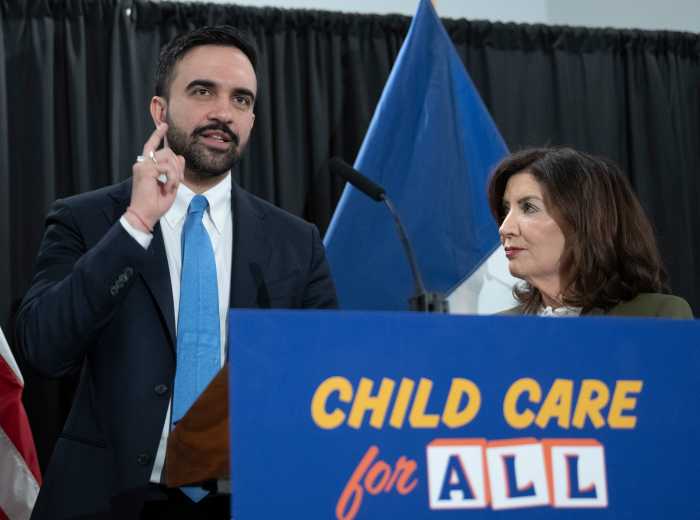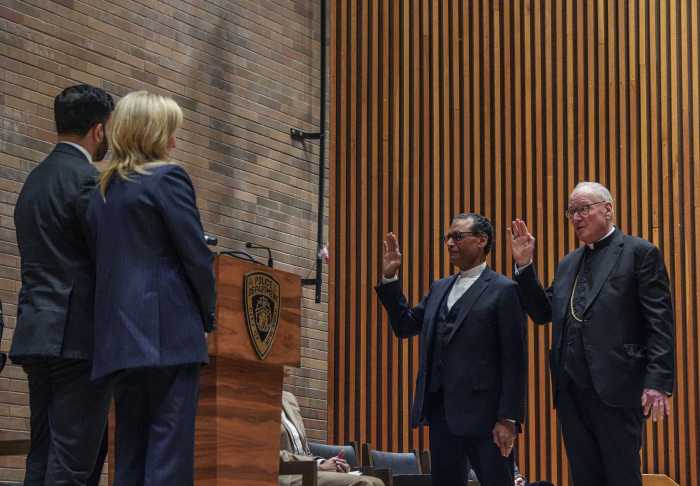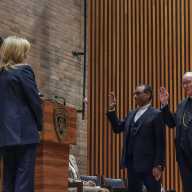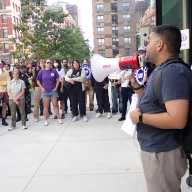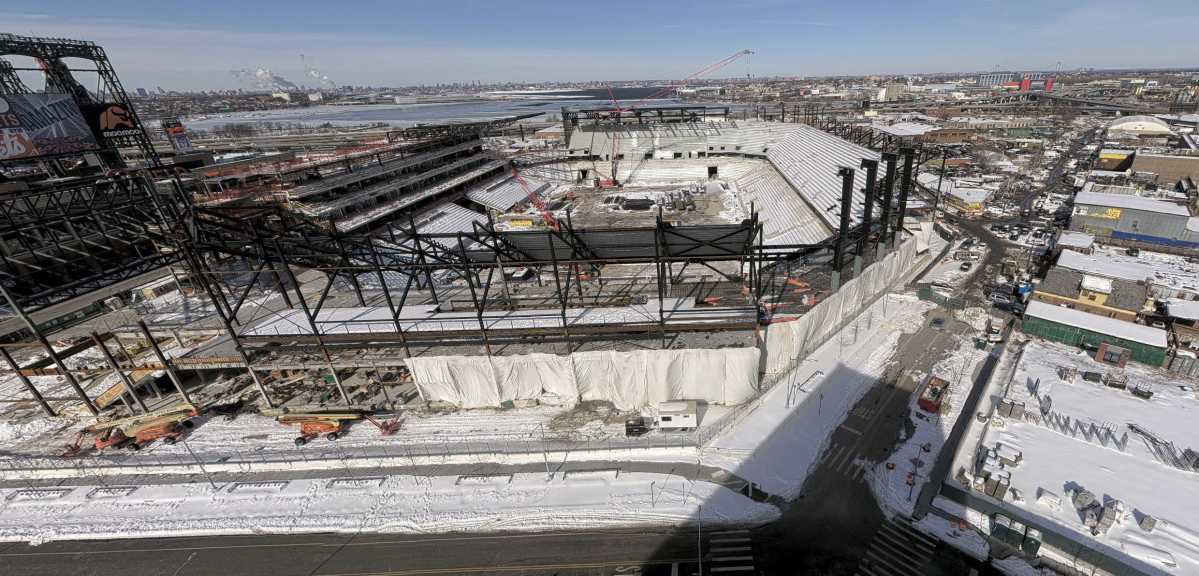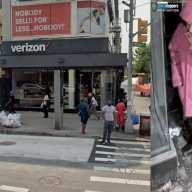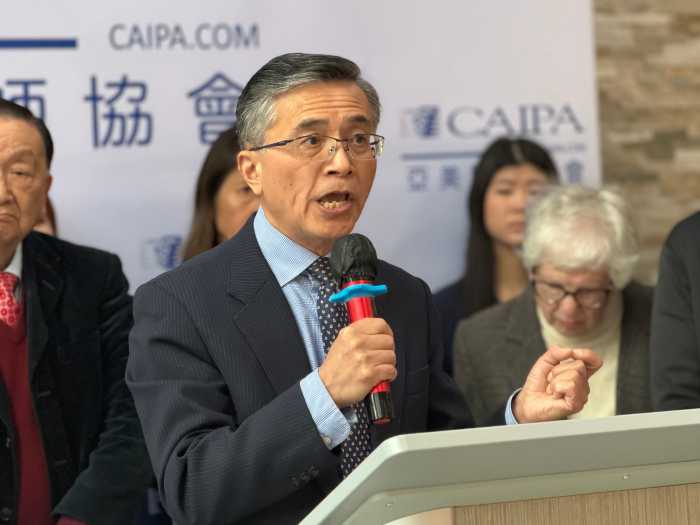
Bronx Borough President Ruben Diaz Jr. said he and other elected officials feel “disrespected” following Mayor Bill de Blasio’s proposal to build a new jail in the borough.
Diaz and City Councilman Ritchie Torres, speaking at an unrelated event in the Bronx on Thursday, said the mayor should have consulted Bronx officials before announcing the proposal and expressed concern over the de Blasio administration’s idea of transparency.
“We were surprised that they had this announcement. We were never consulted, we were never asked for our advice,” Diaz said. “The mayor did not speak to me, he did not speak to elected officials. We feel disrespected by it.”
The new jail, slated for an NYPD tow impound at 320 Concord Ave. in Mott Haven, is part of the mayor’s 10-year plan to close Rikers Island and move inmates to smaller, borough-based jails. While existing jails in Manhattan, Queens and Brooklyn will be renovated to fit the city’s needs, the Bronx site is the only one that will be created anew.
Torres said he was only made aware of the proposal the night before the announcement.
“The borough president is the chief executive of the borough. So, the notion that a decision would be made about a jail in the Bronx without so much as consulting the chief executive and all the other elected officials of the Bronx is deeply offensive,” the councilman said. “There has to be more of a transparent process by how these jails are sited. There is a consensus in favor of closing Rikers. Let’s not squander that consensus by failing to engage the communities involved.”
De Blasio said on Wednesday that there will be opportunities for community members to offer input on the proposal, and that the city will take recommendations from community boards, borough presidents and other officials.
“The site in the Bronx is a site owned by the City of New York,” de Blasio said Wednesday during the news conference announcing the plan. “It is a very smart site in terms of its closeness to the courthouses. There is going to be a full community process, but let’s be clear, we’re going to talk to everyone, we’re going to listen to everyone, we’re going to try in every way possible address community needs and address other benefits that communities need.”
Despite the promise of community involvement, some advocacy groups in the Bronx have joined the chorus of elected officials who felt blinded by the announcement. And they’re vowing to fight the plans.
Mychal Johnson, a Mott Haven resident of 15 years and founding member of the resident coalition South Bronx Unite, said it is unfair that the Bronx is the only borough not receiving modifications to existing jails.
The borough is already home to two jails, the Vernon C. Bain Center and the Horizon Juvenile Center, and they contribute to some of the negative connotations about the Bronx, he said.
“We understand the need to close Rikers, but it would put another strain in our community,” he said, adding that he sees no reason why the Bronx’s other facilities couldn’t receive the upgrades.
Ruben Austria, the executive director of the Mott Haven-based Community Connections for Youth, which works to create alternative-to-incarceration programs for teens and children, said it was puzzling that the mayor’s office didn’t consult residents before making its proposal.
His group has worked to develop solutions for lowering the jail population, and would have given insight to achieving a better option, he said.
“With a little creativity, and a little political will to bring the [jail] numbers down further, you can use the old facility,” he said.
Johnson said his group is mulling its options, but plan to remain vocal as the process moves forward.
Diaz, meanwhile, said critics who are calling this a “NIMBY” issue — meaning “not in my backyard” — are missing the point.
“What we are saying is that, talk to us about our backyard,” the borough president said on Thursday. “What we are saying is that people are making decisions about our backyard when they don’t live in our house, when they don’t live in our borough.”
City Council Speaker Corey Johnson apologized to Diaz during the news conference on Wednesday.
“We have to do a better job at keeping him in the loop and the local community boards, so we’re going to ensure that it’s a robust, meaningful, community engagement process,” he said.
With Lauren Cook





